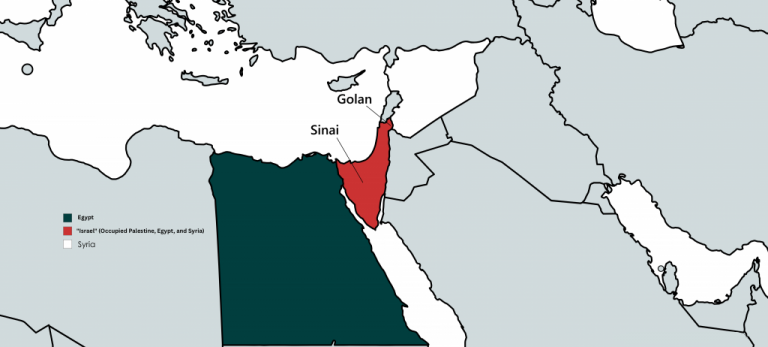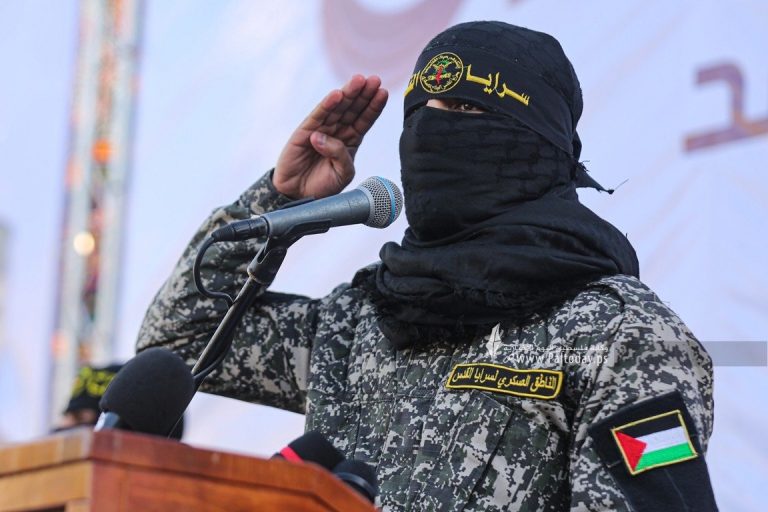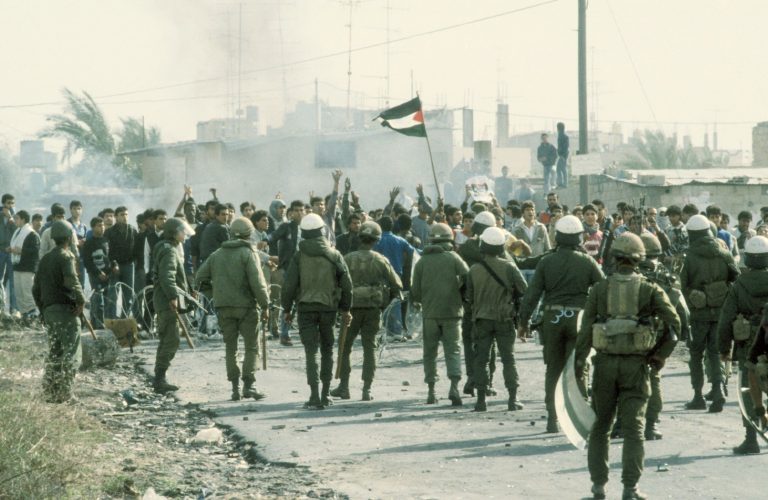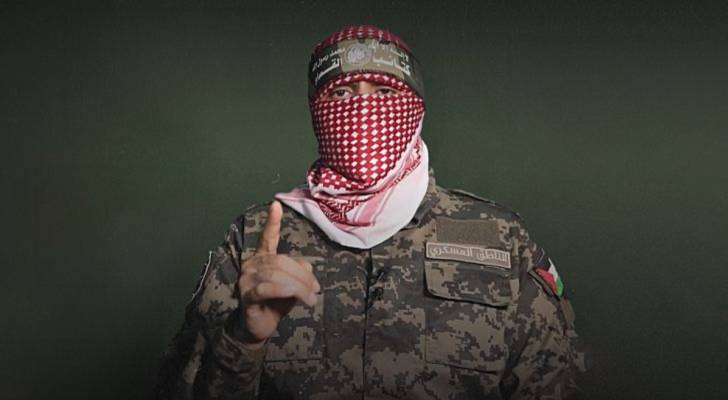Context: The Ongoing War in Gaza
As Israel’s war on Gaza intensifies, the humanitarian and geopolitical consequences have begun to ripple across the region. Over the past three days alone, @ThePalestinianObserver reports indicate an alarming escalation:
- Relentless bombing of Khan Yunis and Rafah.
- The destruction of the Al-Islam Mosque minaret in the Tahlia district.
- Field executions and live burials reportedly carried out by Israeli forces.
- 12,000 Palestinian children killed, 700,000 denied education—on Palestinian Children’s Day.
- Artillery shelling and Israeli troops deploying to the new “security corridor” in southern Gaza.
- Deaths of journalists and medics in targeted airstrikes.
The international community has begun to voice alarm. UNICEF has urged Israel to allow humanitarian aid. British MPs were detained by Israeli authorities. Even the British Foreign Secretary publicly condemned these actions.
Meanwhile, the United States has deepened its military support by transferring Patriot and THAAD missile batteries to Israel. These are strategic, high-value systems typically deployed to prepare for larger regional escalation—perhaps not just with non-state actors like Hezbollah or the Houthis, but also with state actors like Egypt.
Egypt’s Dilemma: Strategic Patience or Military Intervention?
In recent days, French President Emmanuel Macron announced a tripartite summit in Cairo with Egypt’s President Abdel Fattah el-Sisi and Jordan’s King Abdullah to address the escalating situation in Gaza. This move highlights Cairo’s growing alarm.
Egypt shares a border with Rafah, the last lifeline for Gaza’s civilians. With Israeli tanks now massed along this corridor and airstrikes intensifying north of Rafah, Cairo’s patience is wearing thin. Any Israeli push into the Rafah crossing or a ground operation violating Egypt’s red lines could trigger a crisis.
A Hypothetical Egypt-Israel War: Triggers & Scenarios
Potential Triggers:
- Israeli Ground Incursion into Rafah Crossing
Seen by Egypt as a breach of sovereignty and threat to its national security. - Mass Displacement into Sinai
If Palestinians are forced to flee into Egypt, Cairo might perceive this as an Israeli strategy to “cleanse” Gaza. - Attack on Egyptian Troops or Border Posts
Accidental or deliberate, such an act could provoke immediate retaliation.
Military Dynamics:
Egypt has the largest Arab military with extensive US-supplied equipment, including F-16s, M1 Abrams tanks, and a vast array of surface-to-air missiles. But Israel holds a technological edge in airpower, cyberwarfare, and nuclear deterrence.
A full-scale war could involve:
- Air battles over the Sinai and Negev.
- Missile exchanges between Cairo and Tel Aviv.
- Naval confrontations in the Mediterranean and Red Sea.
- Possible Hamas-Hezbollah-Iran alignment with Egypt in various degrees.
The David Accords: De Facto Collapse?
Signed in 1978, the Camp David Accords laid the groundwork for a peace treaty between Egypt and Israel. But Israel’s current actions in Gaza—especially near Egypt’s border—violate key principles of the accords, particularly:
- Respect for borders and sovereignty.
- Prohibition of unilateral military actions endangering regional stability.
- Obligation to uphold Palestinian rights and autonomy.
If Israeli forces continue pressuring Rafah and threaten Egyptian interests, Cairo may officially suspend or terminate the Camp David peace agreement, especially if a pretext emerges for military confrontation.
This wouldn’t be unprecedented. Public sentiment in Egypt has long disapproved of normalization with Israel, especially as images of bombed Palestinian children go viral. With journalists and even aid workers now being killed, Sisi faces domestic and regional pressure to act decisively.
Conclusion: A Regional Flashpoint in the Making
The situation has shifted from a humanitarian crisis to a possible state-on-state conflict. Egypt is no longer a passive observer. It is a frontline state watching Israeli tanks inch closer to its border. With the collapse of Palestinian civil infrastructure, ongoing field executions, and UNICEF’s warnings, the possibility of Egypt reasserting its leadership in the Arab world—militarily or diplomatically—is growing.
The next few weeks will determine whether this remains a Cold War-like standoff—or erupts into the region’s most dangerous war in decades.
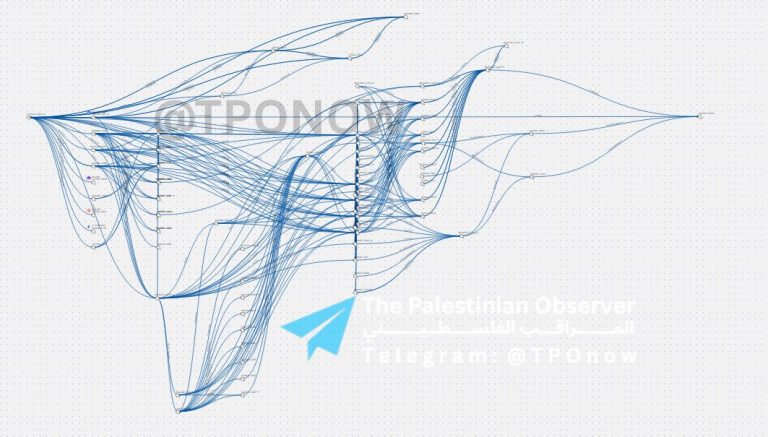
)
